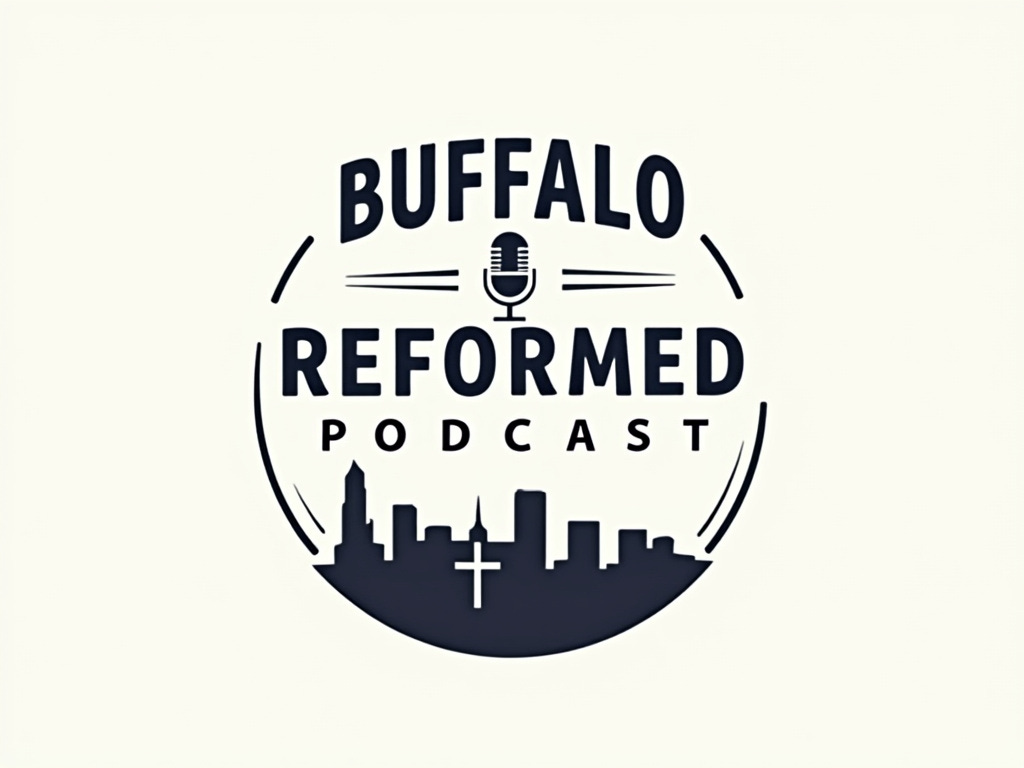Show Notes
Episode Music
Beethoven’s Symphony No. 3, Op. 55 “Eroica” (Movement I - Allegro con brio)
This episode’s music is an excerpt from an iconic piece in music history. Ludwig van Beethoven wrote this masterpiece originally in honor of Napoleon Bonapart in 1805.
“It has been called the Bonaparte Symphony, called that by no less an authority than Beethoven himself.” (Encyclopedia Brittanica)
However, when Napoleon crowned himself emperor, Beethoven blotted out Napoleon’s name in fury. Instead of dedicating the work to Napoleon, Beethoven said it was “…composed to celebrate the memory of a great man…” (Encyclopedia Brittanica) and called it the “heroic” symphony.
I thought this was an apropos piece for this episode because of the irony of it all. Beethoven wrote this piece for a man who he believed represented the ideals of the French Revolution. Those ideals are very much in line with the Harris/Waltz campaign. I think it is only proper, in light of the current fear the left have that Trump will crown himself emperor, to then use this piece, which does capture the spirit of heroism, to celebrate Trump’s election.
Time Stamps
(00:00:00) Introduction to the episode
(00:01:50) Election of Donald Trump
(00:20:00) Community mission
(00:34:30) Personal mission
(00:46:00) Household mission
(00:57:48) Exhortation to young men
(01:04:22) Importance of being in the Word of God
(01:15:52) Incremental success
(01:20:25) Recap and upcoming events
Definitions
Theonomy
This is a combination of words meaning literally, “God’s law.” Similarly, the word “antinomian,” means literally, “no law” and the word “autonomy,” means “self-law.” The word has come to be used as a term to describe a view of human society that is governed by God’s Law revealed in Scripture, not merely what appears to be logical to men in general. Critics call this view, reconstructionist. Al Mohler says,
“The theonomists meant (and now mean) to replace and reconstruct the constitutional order. They saw the existing American order as unsustainable and fundamentally sub-biblical. They were certain that the existing constitutional order was flawed from the start and doomed to fail. Furthermore, they saw the crisis of the American constitutional order in explicitly theological terms.”
In response to statement’s like Mohler’s, Doug Wilson humorously points out,
“There is, first, what might be called inescapable theonomy. Back in the eighties, when Christian reconstruction was a thing, people used to ask me if I was a theonomist. “Oh, no,” I would say. “I hate God’s law.” Suppose someone were then to say, “You know what I mean,” I could reply that my ironic answer revealed that all Christians were theonomic in principle. What divided them was the exegesis and application of particular passages. But God’s people all agree that we should do whatever God requires us to do. The debate is over what He has in fact required of us. So in a certain sense, theonomy is inescapable in the same way that all societies are theocratic.”
And thus, one may see the debate around the term theonomy. The Westminster Confession of Faith says the following regarding the Judicial laws which God gave to Israel as a nation,
“To them also, as a body politic, he gave sundry judicial laws, which expired together with the State of that people, not obliging any other, now, further than the general equity thereof may require.” (Chapter 19, paragraph 4)
The “general equity” of the judicial law of God applies to all societies at all times. However, Christians disagree regarding what that means and how to apply it. In the episode we discuss some ways that we might think about the law of God in relation to our American context.
Sacerdotalism
Merriam-Webster’s dictionary gives the following definition,
“…religious belief emphasizing the powers of priests as essential mediators between God and humankind.”
We believe that every child of God has direct access to God through Jesus Christ. The Scriptures say,
“For there is one God, and one mediator also between God and men, the man Christ Jesus…” (1 Timothy 2:5)
In the episode, we discuss the importance of building up the people of God to take ownership of their spiritual walk and not merely rely upon the leadership to do so for them.

















Share this post